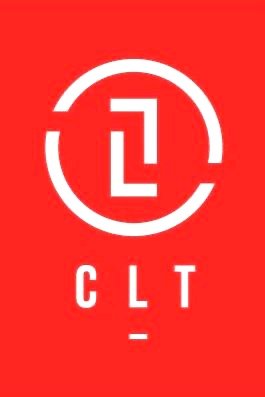Collaborative Leadership Team’s Dee Rhoda, Certified Scrum Professional & Agile Coach, shares her perspectives on the role of an Agile Manager.
We all know that there is a very important and prescribed position for managers in the traditional project management world. These folks are masters of estimation. They can estimate schedules, costs, resources and all manner of traditional project planning tasks and administration. I once worked with a Project Manager who could whip up and submit a Change Request faster than my dog could nab a fallen piece of bacon off the floor! That’s saying a lot because my dog is freaky fast!
In the traditional project world (focus here on the word project) the aforementioned activities are excellent qualities for management. But, what about a world where the focus is on the product? You know, that adaptive place where Agile frameworks thrive? Where dedicated teams focus on delivering quality products quickly with features that customers actually want and can use? Where does the manger fit in this world? What qualities will make this brave new manager thrive? Or, even be necessary?
When I conduct training on Agile and Scrum Fundamentals, I spend time discussing roles from different frameworks: Product Owner, Customer, Scrum Master, Coach, Development Team Member, Programmer, etc. When I introduce these roles, responses from students vary greatly and tell me a lot about where the individual will likely end up in their organization’s adoption of Agile or Scrum. Project Managers, Product Managers and Department Managers respond differently to what we at CLT refer to as “job security not role security” when adopting Agile or Scrum. Some see this as refreshing and burden-lifting. They no longer have sole responsibility for success. They now are part of a team that, together, carry the responsibilities of delivering quality business value in a timely manner. I once had a previously known as Product Manger smile at me after class and thank me for making her job easier with greater purpose and clarity. I would be happy to take the credit, but I can’t. It’s the philosophy of Agile, the framework of Scrum. On the other hand, I once had a Project Manager exclaim in class that, ‘It’s my job to protect my team. I need to take care of my team and make sure the project is completed!”. Most of us would agree that we have heard ‘my team’ mind-set way too often from folks in a leadership role. This team ownership mentality not tolerated well in an Agile world.
I do believe there is a place for the Agile Manager. I envision this person as one who knows, understands and lives by the 4 values and 12 principles of Agile. A person who really gets that it is no longer about command and control. It’s about dedicated teams doing the work and the Agile manager trusting those teams to do the work. The role of the manager shifts. The Agile Manager moves from evaluating teams to coaching teams; from controlling teams to trusting teams; from blaming teams to advocating for teams. The Agile Manager now has more time to focus on areas outside of the team such as organizational culture and environment. As one of CLT’s clients put it “Agile freed me to be the strategic leader I thought this organization has always wanted me to be – I’m not burdened by the details anymore.”
If you have a true and authentic desire to help individuals and teams grow and be successful, you have a great start to being a manager in the brave new Agile world.
If you would like to learn more about Agile and Scrum, join us for one of our upcoming courses:
https://www.collaborativeleadershipteam.com/upcoming-courses/

